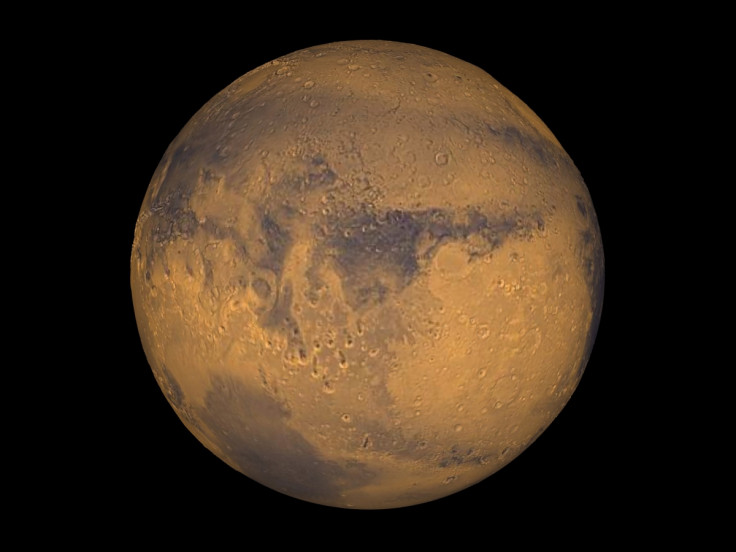Martian moss: Scientists mould moss so Mars astronauts can grow their own medicine

Scientists from the University of Copenhagen are exploring the possibility of manipulating the DNA of moss so that it can grow on Mars and astronauts can use it to create their own medicines on the Red Planet.
The original idea was conceived by a Danish start-up called TychoBio, which has successfully created moss that makes chemicals such as ingenol mebutate – a substance that is used to fight skin cancer.
The university members have adapted this idea to see if they can make moss for Mars. Victoria Sosnovtseva, from the university, is quoted by New Scientist as saying: "Why don't we use moss to make components that are useful for space exploration?"
One of the biggest challenges the researchers face is genetically modifying the plant so that it can withstand Mars' harsh conditions. The first stumbling block they encountered was the planet's soil, which has few minerals and plenty of poisonous salts.
To examine the effects of this, the team took moss from Pu'unene, a volcanic cinder cone in Hawaii which has soil similar to but not as bad as that on Mars. Several weeks after planting the new moss, they noted that it was growing without problem.
Secondly, they tested it in extreme cold as temperatures on Mars can plunge to -55C. They discovered that the genetically modified moss was capable of growing at -20C but died at -60C.
While they are still some way off making the moss Mars-ready, they remain optimistic that it is a feasible feat. The New Scientist reports that the next step for them is to modify it with UV radiation protection and give it the ability to break down the poisonous salts in Mars' dirt.
The project was presented at the Giant Jamboree of the International Genetically Engineered Machine Foundation in Boston.
© Copyright IBTimes 2024. All rights reserved.









